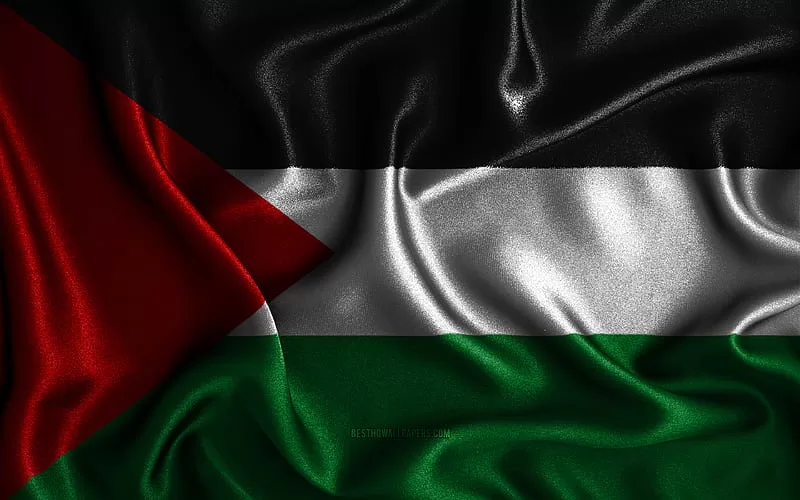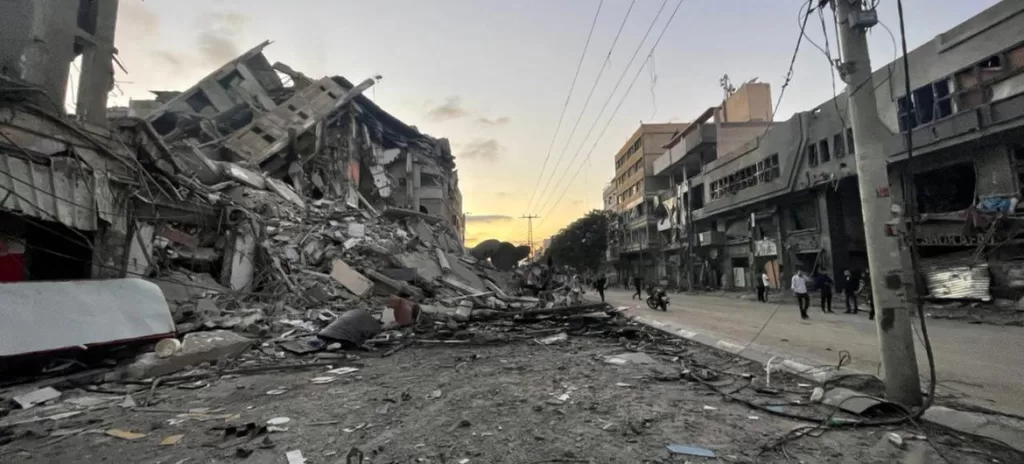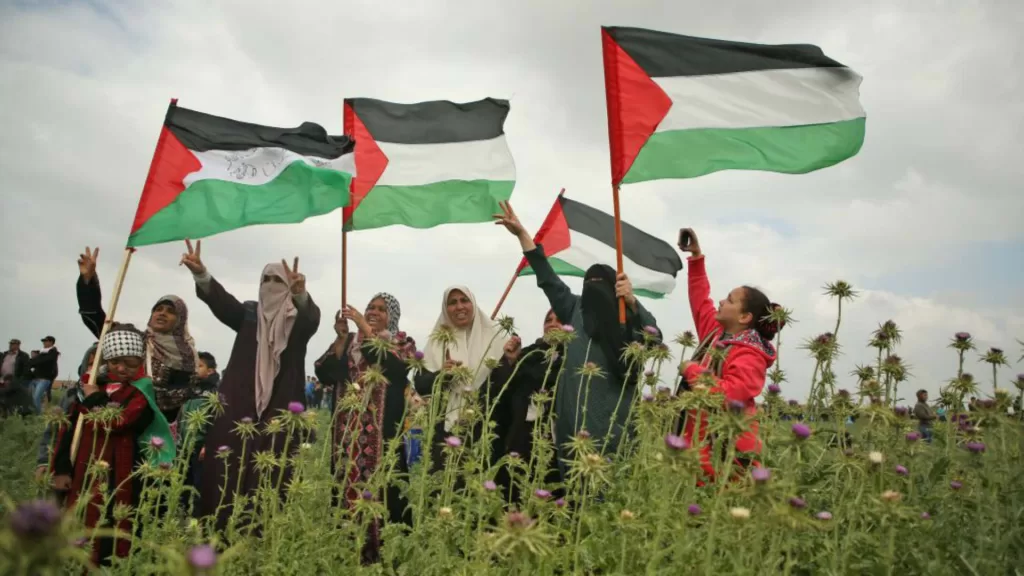Palestinian Territory Country Report

Palestine, located in the Eastern Mediterranean region, encompasses the West Bank, Gaza Strip, and East Jerusalem. The region holds immense historical and cultural significance, serving as the heart of the Israeli-Palestinian conflict, one of the longest-standing and most contentious conflicts in modern history. Palestinians, primarily Arab Muslims and Christians, have sought self-determination and statehood, facing displacement, occupation, and various forms of political and socio-economic challenges. The Palestinian Authority governs parts of the West Bank, while Hamas controls the Gaza Strip, leading to internal political divisions. Despite efforts towards peace negotiations and international diplomacy, achieving a lasting resolution to the conflict remains elusive, with issues such as borders, settlements, refugees, and the status of Jerusalem remaining unresolved. Additionally, Palestinians experience socioeconomic hardships, including high unemployment rates, poverty, and limited access to essential services. Nevertheless, Palestine boasts a rich cultural heritage, vibrant communities, and resilient people striving for dignity, rights, and sovereignty amidst the complexities of the Israeli-Palestinian conflict and regional geopolitics.
Last updated: May 4, 2023
Security
Security in Palestine is deeply intertwined with the ongoing Israeli-Palestinian conflict, resulting in a complex and volatile situation. The Palestinian territories, including the West Bank and Gaza Strip, face various security challenges, including military occupation, violence, and instability. The West Bank is subject to Israeli military control, with frequent clashes between Israeli security forces and Palestinian residents, as well as settler violence. The Gaza Strip, under blockade by Israel, experiences periodic escalations of violence, including rocket attacks by Palestinian militants and Israeli military operations. Internal divisions between Palestinian political factions, primarily Fatah in the West Bank and Hamas in Gaza, further exacerbate security concerns. Additionally, socioeconomic hardships, including poverty and unemployment, contribute to social unrest and tensions. Efforts to address security issues in Palestine face significant obstacles due to the complex political and territorial dynamics of the Israeli-Palestinian conflict, requiring comprehensive approaches that address underlying grievances and promote peace and stability for both Palestinians and Israelis.
Last updated: March 6, 2023
Infrastructure

Infrastructure in Palestine faces significant challenges due to the Israeli occupation, restrictions on movement, and political instability. The infrastructure in the West Bank and Gaza Strip suffers from decades of underinvestment, limited maintenance, and frequent damage from conflicts and military operations. Access to basic services such as water, electricity, and sanitation is often unreliable, particularly in Gaza, where infrastructure has been severely affected by blockades and military assaults. Additionally, checkpoints, roadblocks, and the separation barrier in the West Bank impede the movement of people and goods, hindering economic development and access to essential services. Despite these challenges, efforts are underway to improve infrastructure, including the construction of new roads, schools, and healthcare facilities, supported by international aid and development projects. However, sustainable infrastructure development in Palestine remains contingent on addressing political barriers and achieving a lasting resolution to the Israeli-Palestinian conflict.
Last updated: May 9, 2022
Environment

The environmental situation in Palestine is heavily influenced by the ongoing Israeli-Palestinian conflict, political instability, and socioeconomic challenges. The Palestinian territories, including the West Bank and Gaza Strip, face environmental degradation, pollution, and resource scarcity exacerbated by the effects of occupation, population growth, and limited access to natural resources. In Gaza, the blockade and military operations have led to significant damage to infrastructure, including water and wastewater treatment facilities, resulting in pollution and contamination of groundwater sources. In the West Bank, Israeli settlements, checkpoints, and the separation barrier have disrupted ecosystems, agricultural lands, and natural habitats. Additionally, rapid urbanization and inadequate waste management contribute to environmental pollution and health risks. Despite these challenges, Palestinians have implemented conservation initiatives, reforestation projects, and sustainable agriculture practices to address environmental issues and promote resilience. International support and cooperation are essential to mitigate the environmental impact of the conflict and support sustainable development in Palestine..
Last updated: March 16, 2022
Health and Medical
Healthcare in Palestine faces numerous challenges due to the ongoing conflict, political instability, and limited resources. The Palestinian healthcare system is fragmented, with separate administrations in the West Bank and Gaza Strip, each facing unique challenges. Access to healthcare services is hindered by restrictions on movement, checkpoints, and the blockade in Gaza, which limit the availability of medical supplies, equipment, and specialized care. Hospitals and clinics often struggle with overcrowding, inadequate infrastructure, and shortages of medical personnel. Additionally, Palestinians face health risks from environmental pollution, water contamination, and mental health issues resulting from conflict-related trauma and stress. Despite these challenges, Palestinian healthcare professionals work tirelessly to provide essential medical services, and international organizations support healthcare initiatives and humanitarian aid projects. However, sustainable improvements to the healthcare system in Palestine require addressing the underlying political and socioeconomic factors contributing to health disparities and ensuring equitable access to quality healthcare for all Palestinians.
Last updated: August 26, 2023
Political
The political situation in Palestine is complex and heavily influenced by the Israeli-Palestinian conflict, occupation, and internal divisions. Palestinians seek self-determination, statehood, and the end of Israeli occupation in the West Bank, Gaza Strip, and East Jerusalem. The Palestinian Authority governs parts of the West Bank, while Hamas controls the Gaza Strip, leading to political divisions and challenges to unity. Efforts towards peace negotiations, state-building, and international recognition of Palestinian statehood have been ongoing, but progress remains elusive due to contentious issues such as borders, settlements, refugees, and the status of Jerusalem. Additionally, Palestinians face internal governance challenges, including corruption, lack of democratic accountability, and limitations on political freedoms. Despite these challenges, Palestinians continue to advocate for their rights through diplomatic efforts, grassroots movements, and resistance against occupation, striving for a just and lasting resolution to the Israeli-Palestinian conflict.
Last updated: March 6, 2023















